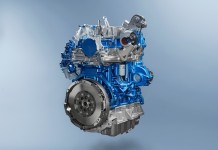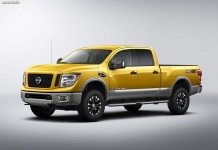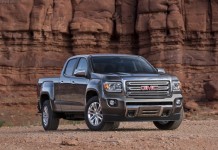Even though the automotive industry seems to have a concentration on electric vehicle technology, Volvo is putting effort into the more conventional vehicle. For the 2013 model year, the Swedish automaker has reinforced its fuel efficiency strong points by implementing new initiatives to further lower their overall carbon footprint. In the European market where the majority of Volvo vehicles are diesel-powered, each glow-plug powered car and utility carries with it CO2 emissions of 120 g/kilometer or below. New and innovative technologies for the conventional powertrain have managed to lower the company’s emissions by 13 percent compared to two years ago.

“The conventional diesel and petrol power trains continue to play a major role on the environmental agenda. We continuously improve their efficiency. In the last two years Volvo has brought CO2 emissions from our diesel and petrol model ranges down by 13 percent and in model year 2013 we introduce several new improvements,” said Peter Mertens, Senior Vice President of Research and Development for Volvo Car Corporation. Debuting as the starter diesel engine on the S60, V60, XC60, V70 and S80 Volvos is an all-new inline five cylinder. Displacing 2.o liters and breathing through a single turbocharger, the “D” series of engines most recently added the 136 horsepower, D3 variant which pumps out a stout 258 lb-ft of torque. Available in either manual or automatic trim, the latest diesel block manages to be efficient, powerful and air-friendly with just 114 g/km of CO2 emissions. Even in 215 horsepower, D5 variation, the latest Volvo mill can distort faces all while producing no more than 120 g/km.
Source: Volvo








